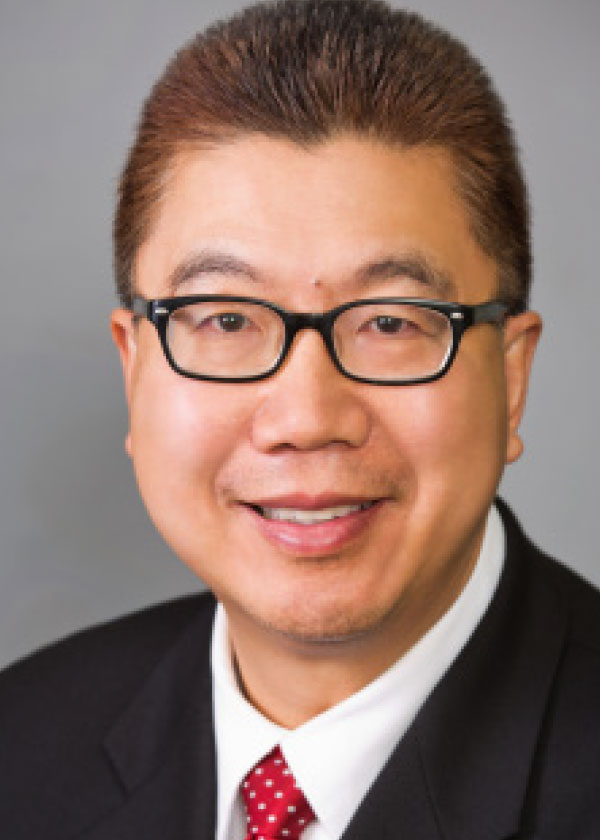CSBA joins the nation in celebrating May as Asian Pacific American Heritage Month
Of the 6.2 million K-12 students attending California public schools in 2018–19, 9.3 percent are Asian, 2.4 percent are Filipino and .5 percent are Pacific Islander. These populations are composed of students from many cultural backgrounds who are an important part of California’s fabric. They also each bring their own unique stories, aspirations and qualities to the state’s public schools.
To help ensure representation for these students, CSBA’s Board of Directors includes a Director-at-Large ethnic position for Asian Pacific Islander. Gino Kwok, a board member for Hacienda La Puente Unified School District, was recently elected to this Director role. The east San Gabriel Valley district, from which Kwok graduated, serves nearly 20,000 students. California School News talked with Kwok about his leadership position, background and goals for California’s education system.
Q: What does it mean to you to represent students and communities as CSBA’s Director-at-Large API? What made you decide to run for the position?
A; This is an honor of a lifetime — having the privilege to represent a diverse and international group of children and families in the most vital, important and transformative institution ever created: public education. I have to thank my predecessor [Bob Gin, Alhambra Unified School District board president] who asked me to run, who appealed to the highest sense of public duty and who kindly said that my passion, knowledge and skills as a public servant and as an advocate was what the API community needs at this time.
Q: Looking back on your upbringing and education, what stands out to you as the underpinnings of success?
A: Having people believe in you and inspiring you to be the best version of yourself. I had a seventh-grade math teacher who couldn’t understand how the best sixth-grade student in school could be failing her math class. Instead of letting it go, she asked me to meet her after school. I was embarrassed. My parents had raised me to rely only on myself and to never ask for anything from anybody. But here I was with Mrs. Anderson, who wanted to get to the bottom of my miserable class performance. She eventually realized that I could not conceptually understand how a number could have a negative value, which was the case with whole number integers. She patiently explained that every positive integer has a negative counterpart, why that was the case and that zero was neither negative nor positive. This changed my entire seventh-grade life in a flash. And all because a dedicated and caring math teacher went out of her way to make a difference in the life of a 12-year-old Chinese kid born in El Salvador.
Q: How does it feel and what is it like to serve as a board member in the district from which you graduated?
A: To be able to help children and their families in a school district that I graduated from fills me with a profound sense of public goodness and responsibility that is unmatched. I look at every child and think, but for the grace of a higher being go I. Never forget where you came from and pay it forward.
Q: What is your vision for an equitable future for California’s education system? What current barriers exist?
A: A vision for an equitable future is to meet students where they are, allow for student agency, flexibility in their learning environment, and accessing multiple resources for teaching and learning. Each and every child brings a unique gift to school, and it is our responsibility to help them access and claim that gift. Some of the specific ways we are meeting this is through New Pedagogies for Deep Learning; Code to the Future; 2:1 tech in English language arts and history; extensive professional development for teachers in STEAM, literacy, Next Generation Science Standards, English Language Arts and English language development.
Q: How has your involvement with CSBA impacted your role as a school board member?
A: It has meant everything. To be able to be with, and learn from, some of the greatest public servants in public education is a privilege of the highest order. CSBA uplifts us all and reminds us each and every day that each child counts and each child matters. CSBA is full of Mrs. Andersons.
Learn more about Asian, Filipino and Pacific Islander students in our governance brief available online at bit.ly/2Za9z35.





